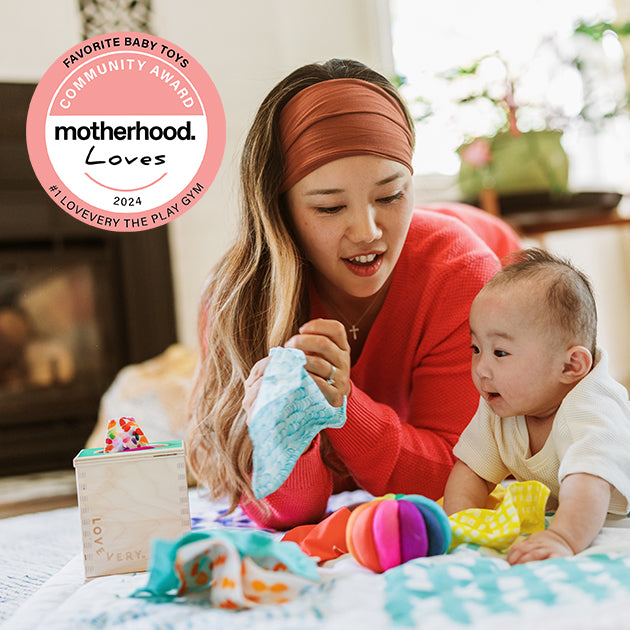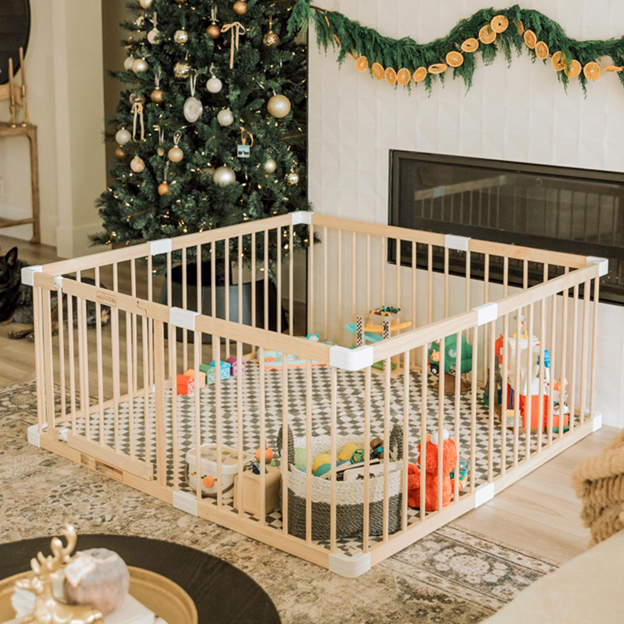Grandparents hold a special place in a family’s heart. Their wisdom, unconditional love, and shared stories create a unique and invaluable bond with their grandchildren. But like all relationships, navigating the dynamics between parents and grandparents can sometimes require a little finesse—especially when it comes to setting healthy boundaries.
The holiday season often brings families closer together, making it the perfect time to reflect on the roles we play and how we can strengthen these bonds with mutual respect and understanding. Let’s dive into how to approach grandparent relationships with empathy, gratitude, and thoughtful boundaries that nurture harmony for everyone involved.
The Importance of Boundaries in Grandparent Relationships
Boundaries might sound restrictive, but they’re really about creating space for everyone to thrive. They help clarify roles, establish respect, and ensure parents can parent while grandparents enrich their grandkids’ lives in meaningful ways.
When grandparents understand their place within the family dynamic, it leads to stronger, healthier relationships. Setting boundaries can also prevent misunderstandings, protect parental authority, and reduce the likelihood of tension. And ultimately, when everyone knows what to expect, the entire family benefits from a more peaceful and cooperative environment.
Honoring the Role of Grandparents
Grandparents bring a treasure trove of love and experience to the family. Their connection with grandchildren often runs deep, offering support and passing down traditions that create a sense of identity and belonging.
In many families, grandparents go beyond the role of occasional visitors—they may assist with childcare, provide financial support, or share invaluable life lessons. Their contributions are immeasurable, but it’s equally important to balance their involvement with respect for parental autonomy. A clear understanding of roles and boundaries ensures that everyone feels valued and appreciated.
Recognizing When Boundaries Are Needed
Have you ever left a family gathering feeling a little unsettled? Or found yourself frustrated by unsolicited parenting advice? These moments can signal a need for boundaries.
Here are some signs that it may be time to have a boundary-setting conversation:
- Grandparents are frequently questioning or overriding your parenting decisions.
- Family gatherings often lead to disagreements or defensiveness.
- You feel your values or routines are being undermined.
Setting boundaries doesn’t mean shutting grandparents out—it’s about creating a family environment where respect and collaboration thrive.
Starting the Conversation: A Foundation of Gratitude
Discussing boundaries can feel tricky, especially with those we love. But starting with gratitude can pave the way for a productive conversation.
Before diving into specifics, take a moment to acknowledge what grandparents bring to your family. Whether it’s their patience, love, or incredible cookie recipe, showing appreciation can soften the discussion. Then, calmly share your concerns and explain that the goal is to strengthen the family bond.
For example, you might say:“We’re so grateful for everything you do for our family. Your love and support mean the world to us. We’ve been thinking about how we can make things smoother for everyone and wanted to share a few ideas.”
By framing the conversation positively, grandparents are more likely to feel respected and open to collaboration.
Strategies for Setting Healthy Boundaries
When it’s time to lay out boundaries, clarity and consistency are your best friends. Here are a few tips for navigating this process:
- Be Specific: Avoid vague statements. Instead of saying, “We’d like more space,” try, “We’d appreciate it if you could check with us before giving the kids sweets.”
- Use “I” Statements: Focus on how certain actions make you feel rather than placing blame. For example, “I feel overwhelmed when routines are changed without notice.”
- Stay Consistent: Gently but firmly reinforce boundaries to ensure they’re respected.
- Be Flexible: Life changes, and so do family dynamics. Be open to revisiting boundaries as circumstances evolve.
By clearly defining expectations, you set the stage for stronger, more harmonious relationships.








